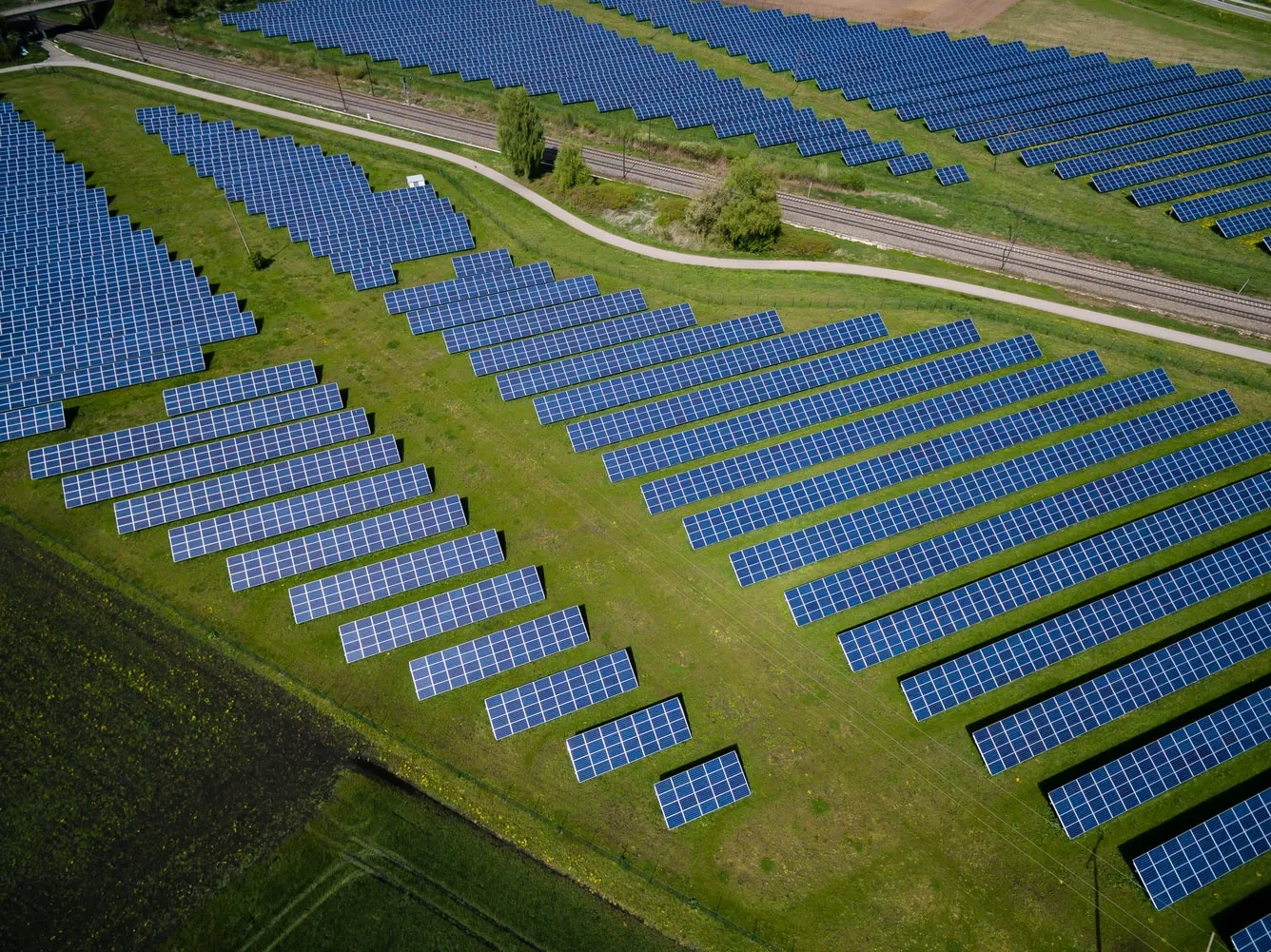The Windsor Framework Review
On Monday, 27 February 2023, the UK Government and the European Commission jointly announced the publication of the Windsor Framework. The new agreement is an amendment of the original Protocol on Ireland/Northern Ireland (NIP) that forms part of the EU-UK Trade and Cooperation Agreement (TCA). Following a vote in the Northern Ireland Assembly in to maintain the cross-border trading arrangements, the Secretary of State initiated a review of the Windsor framework.
A new report from the Economic and Social Research Institute (ESRI) highlights Northern Ireland’s “exceptional position” following the implementation of the Windsor Framework. This is based on the agreement to keep Northern Ireland within the EU Single Market for goods, while also maintaining its place in the Common Travel Area between the UK and Ireland. Within this report, the ESRI forecasts that Northern Ireland will experience slightly stronger economic growth than the wider UK as a result of these arrangements. It is important to elaborate on these findings by pinpointing how the SEM and the energy sector more broadly is implicated by the Windsor Framework.
Crucially, the Windsor Framework agreement will not impact two fundamental aspects of the SEM, Article 9 and Annex 4 of the Northern Ireland Protocol, which ensure the smooth functioning of the all-island electricity market. While the framework preserves these foundational elements, it does introduce new complexities and opportunities that will shape Northern Ireland’s future energy landscape arguably, for the better.
The preservation of ongoing regulatory alignment will drive the success of the SEM going forward. In fact. It will be essential to addressing shared challenges in the energy sector, particularly the ongoing constraints crisis and the unsustainable levels of “dispatch down” which is particularly acute in Northern Ireland. By preserving the seamless operation of the SEM, this framework can help create a more stable and attractive environment for renewable energy and grid investment ultimately enhancing security of supply.
The provision of dual access to both the UK and the EU market means that Northern Ireland now finds itself in a unique and beneficial position for hydrogen exports. This arrangement can enhance Northern Ireland’s position in one of the key emerging markets, hydrogen, by granting the region access to two large markets eager to decarbonise.
Furthermore, Northern Ireland’s unique position under the Windsor Framework could allow for smoother trade and less disruption that other jurisdictions face in light of the EU’s Carbon Border Adjustment mechanism which is expected to come into full force in 2026. Finally, in the retail space, The Windsor Framework allows a zero percent VAT rate on energy-saving material installations in Northern Ireland, supporting the rollout of heat pumps, solar panels, and microgeneration systems which will collectively boost the uptake of decarbonisation efforts.
Ultimately, the Windsor Framework as it stands, is set to maintain the integrity of the SEM and even create important new opportunities for Northern Ireland the SEM more broadly. The impact of the Windsor Framework on the energy sector is particularly important to take note of in advance of the wider TCA Review in 2026.

